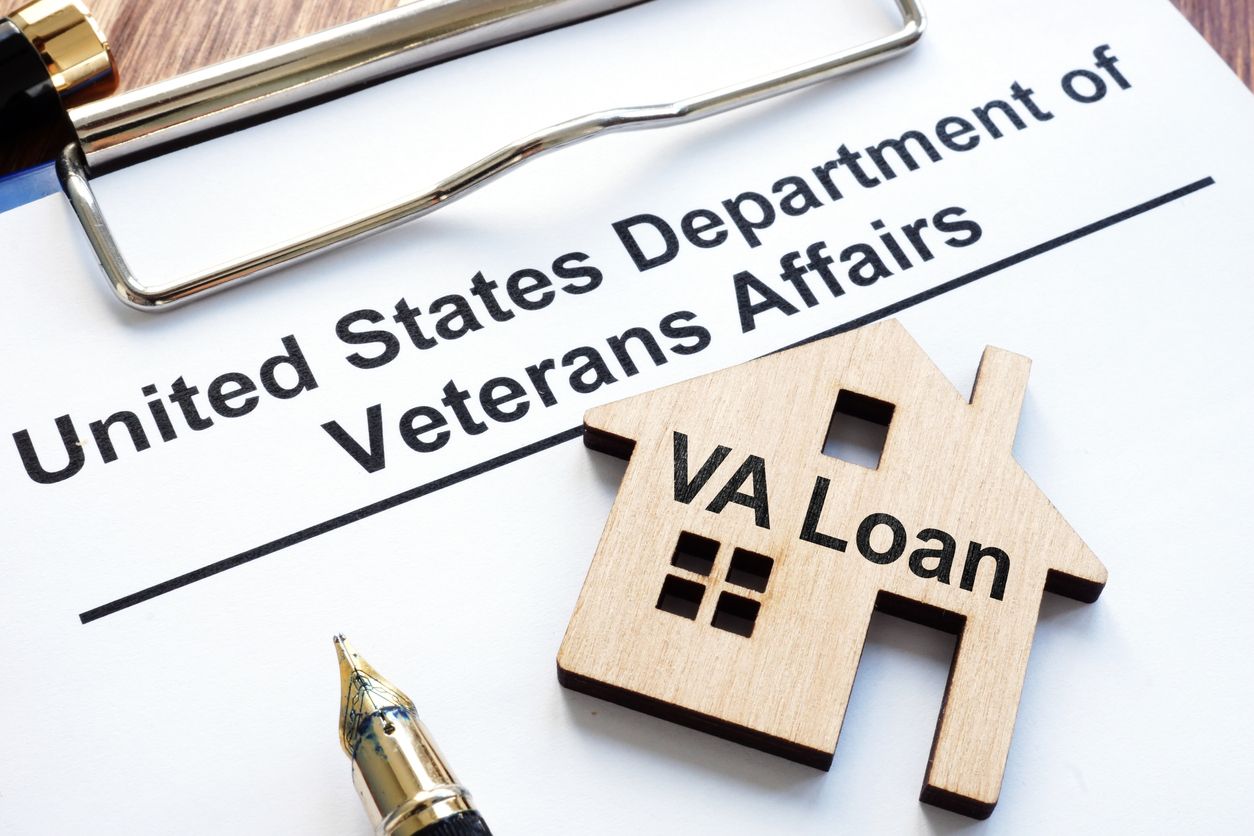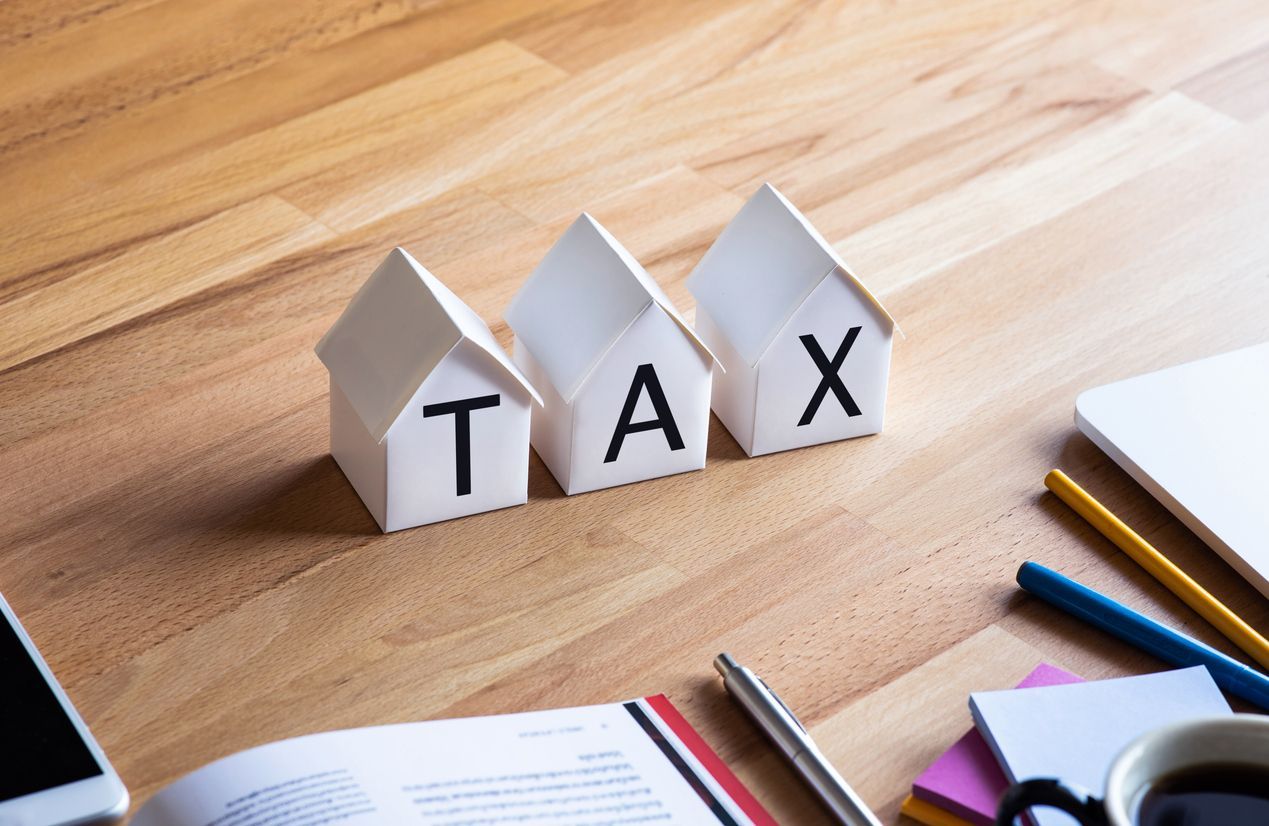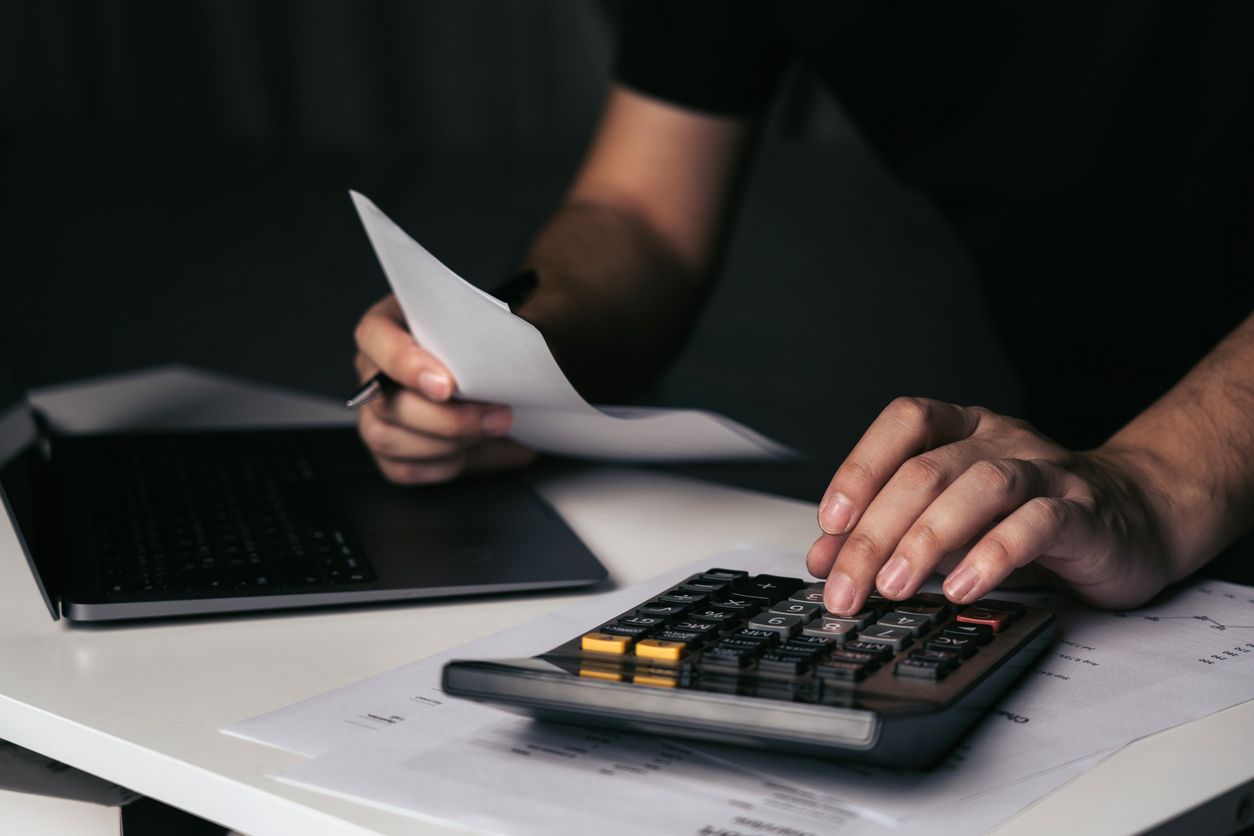Investment Property 101

If you’re thinking about buying an investment property, there are a few things you should consider before getting started. You may have heard of others finding great success, passive income, tax breaks, and stable income streams by becoming real estate investors. Those who are successful are likely experienced in the real estate market, have taken the advice of professionals in the industry and have really done their homework.
You may be an experienced homeowner who feels confident about the decision to become a real estate investor. Feel confident with an abundance of caution and a thirst for knowledge about what that decision entails. Buying a property with the intention of renting it to others requires a different set of considerations than buying a home to live in.
What should you do to start investing in real estate? Consider these questions.
1. Can I afford to invest in real estate?
An investment property requires a higher level of financial stability than a standard, primary home. There are different down payment requirements and mortgage and loan requirements as well. It may go without saying, but these financial considerations need to be at the top of your list before you begin investing in real estate.
In addition to purchase cost and mortgage payments, you need also consider the cost of renovations, property taxes, ongoing maintenance, insurance, and landlord expenses, as well as the cost to advertise the property and find new tenants when the property is vacant.
2. Can I make money by investing in real estate?
Successful real estate investors follow the 1% rule (some say 2% rule) to determine whether they should purchase a property for rental. The 1% Rule of real estate investment states that to be profitable, a property should return 1-2% monthly what the total purchase and renovation cost is, after accounting for monthly fees and property taxes. Be prepared for the cost of not turning a profit for the first few months if this is your first investment property. It takes time to secure tenants and to collect first month’s rent, which likely won’t happen before you have a mortgage payment due.
3. How do I intend to manage my investment property?
There are options but it’s important to know your choice before you begin shopping for your rental property. Are you planning on being the landlord and personally overseeing day-to-day operations? Your time is valuable and as manager you will spend your time making repairs or hiring and scheduling professionals to make those repairs, performing maintenance, and being present for your tenants. You may choose instead to pay a company to manage the property for you to save the time and hassle of doing it yourself, and this is a viable option even if you live in the same building, but it’s a service that must factor into the cost of ownership. Whatever you choose, you need to research which option works best for you and what management companies are available for you before moving forward with a particular property.
4. Where should my investment property be located?
Consider the location of the property before you consider the structure of the home itself. This may be unlike shopping for a primary home in which to live. For example, buying a primary home, you might ask your Realtor® for a 3-bedroom split-level ranch with a garage, but the location only needs to be within a certain radius of your job or of a school. If you shop for a rental property by first looking for home structure – say a house that can easily be split into more than one apartment – you will likely not be successful in the long run. The location matters more than home’s parameters.
Rental properties are different than primary residences because the rental market in the local area will impact your success. There are a lot of location-based things to consider. Here is a noninclusive list of questions to ask yourself about the location of your investment property:
- What are the average local market rents and property taxes?
- Is the area going through any major development or redevelopment that will raise or lower property values or property taxes?
- How close is the property located to public amenities, schools, stores, and restaurants?
- What aspects of renting in this location make the property more or less appealing?
- Is it on a main road or a quiet street?
- Is it with or without parking?
- Will it require extra maintenance in inclement weather?
- If you’re planning to manage the property yourself, is it easy enough for you to get to from your job or your home on a regular basis?
- Does the local area have an existing, thriving rental market that indicates renters are already interest in the area?
- Is the local rental market oversaturated, with vacancies on market for extended periods of time?
Location is vital to the success of your investment property. These questions will help guide your choice when you’re considering turning a location into a rental property.
Final Thoughts
An investment property can be a great form of passive income and stable cash flow. There are significant tax advantages as well. A rental property can help offset the costs of rising property values or rising rents. Some have found great success becoming real estate investors who either manage or hire others to manage their properties.
Before you decide to invest, you need to have a solid, long-term plan, research the location thoroughly, calculate costs accurately, make big analytical decisions, and think about your and your potential tenants’ experience.
Speak with a real estate professional who has guided real estate investors through the process before. Seek out a network of investors that you can confide in to learn more about the process. And make sure you can answer each of the questions above before you decide to get started as a real estate investor.

Related Post: 3 Factors Affecting Home Affordability










